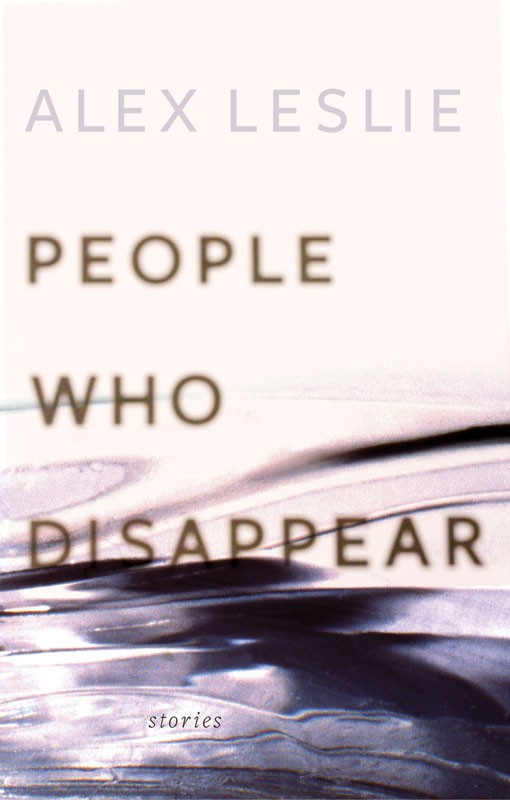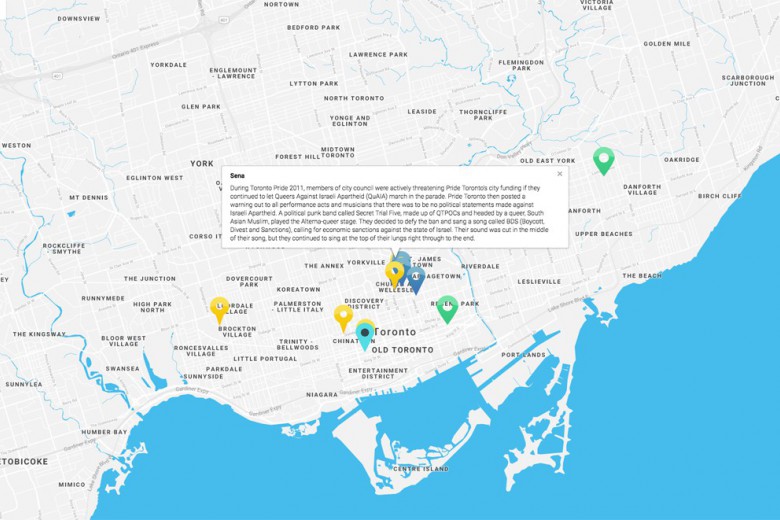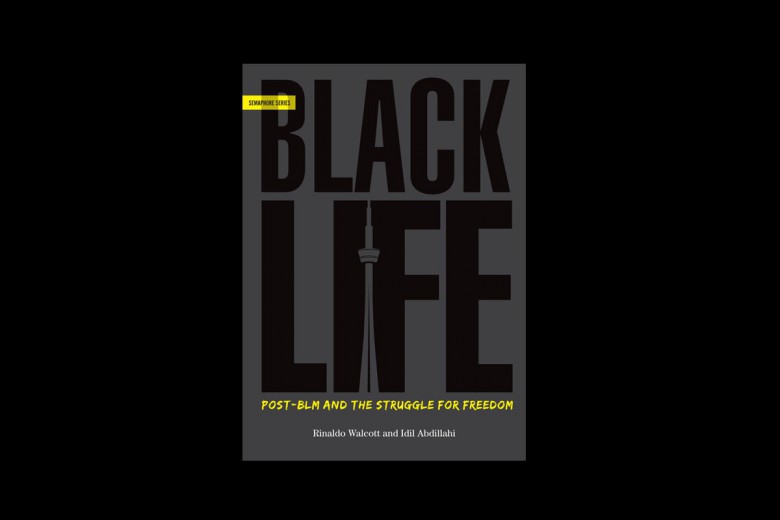
People Who Disappear
By Alex Leslie
Freehand Books, 2012
In one of the short stories in People Who Disappear, a girl and her uncle traverse through the backwoods in the mountains of British Columbia. They are searching for lost mining towns, long since abandoned. The young narrator follows her gruff guide into the trees, the “light coming down thicker through the branches, stamping the ground with spines and teeth, as if skeletons are slung in the canopy.” Alex Leslie’s prose captures the physical world as it fades – slowly over time, or through violent acts of industry. Truly heartbreaking are the disappearing acts by the human characters who populate the author’s latest collection of short stories.
Many of Leslie’s characters erase themselves from their worlds by choice, often as defensive acts. The young girl in “The Bodies of Others” discovers her feelings for another girl as she traces her body for a classroom project. When her new friend turns on her, she steals the paper replica of their bodies from her school, erasing the public record of her new self. In “Wire Boy,” an autistic child obsessed with electrical wires and the sound they make – “a singing that is high and pure,” escapes from his uncomprehending and cruel family by burying himself in a nest of household cables.
Not all of the book’s characters have the luxury of choice; some are made to disappear. In “Preservation,” two teenage girls living in a small town in interior B.C. hide their romance by meeting in an old quarry, the walls of which are pocked with the fossilized remains of tiny animals and prehistoric turtles. The story erupts in a devastating act of violence, destroying their love.
The disappeared don’t simply vanish, however. They leave proof of their existence, touching those who are left behind in profound ways. In “Face,” a group of children find the ancient skeleton of an Indigenous child after their neighbour’s home is excavated to make room for a new development. When their parents discover the bones, they conspire to hide the body for fear of losing their homes to a land claim.
Leslie reminds us of the callous way the present attempts to deny a connection to the past. In Canada, and other countries established through settler colonialism, acknowledging that connection is a necessary pre-condition to accepting responsibility for our place in the present.
Leslie dwells thoughtfully on larger social and political themes – homophobic violence, sexism, and the exploitation of the environment. But as the book’s title makes clear, Leslie’s primary interest is in people, and the things that haunt us or turn them into ghosts: love, desire, the search for identity.
In the standout opening story, “The Coast is a Road,” a young queer woman tries to navigate her love for a reporter who spends her life on the road. The narrator joins her lover on these trips along the Pacific coast, building a transient, vague intimacy. Leslie captures her yearning for solidity and meaning with restrained prose: “Another hotel room. Your body on the sheet like paint thrown against the wall that has dripped accidentally into the shape of a woman.”
Leslie’s writing has a subdued beauty; her sentences – often short and clipped – are laden with meaning. As one of her narrators relates, “every small thing is important.” The terse text works wonderfully in “Swimmers,” a tale of two lonely urban queers who connect through a shared passion for the anonymity of late-night dance clubs. Her brevity lessens the emotional impact of “Spill,” however, where an oil spill on the West Coast brings together two characters on the eve of the elder character’s death.
People Who Disappear is Leslie’s second book in two years, following the release of a chapbook of “micro-fictions” in 2011. The queer women, young girls, and marginal males of the book may vanish, but thanks to Leslie’s talented voice, they will not soon be forgotten.




